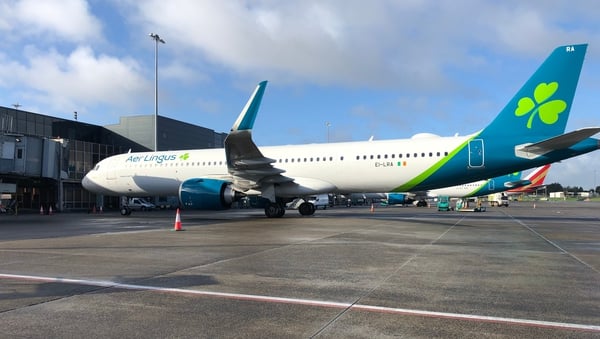Conceding the pay demands of nursing unions would cost the exchequer around €300 million extra per year, the Department of Public Expenditure and Reform has confirmed.
The Department has also warned that if nurses and midwives proceed with their strike threat, members will lose out on both pay enhancements for post-2011 recruits hired on lower pay, and on the proposed €20m package of allowances aimed at addressing recruitment and retention problems.
The Irish Nurses and Midwives Organisation and the Psychiatric Nurses Association are seeking a 12% across-the-board pay rise bringing them into line with other health professionals like physiotherapists, in a bid to make nursing more attractive amid significant staff shortages.
However the Public Service Pay Commission rejected that argument, opting instead for a €20m per year package of allowances targeted at the areas of the health service experiencing the worst recruitment and retention difficulties.
Those proposals were overwhelmingly rejected by both the Irish Nurses and Midwives Organisation and the Psychiatric Nurses Association.
The INMO will commence a ballot for strike action on 19 November, and the Psychiatric Nurses Association is expected to follow suit if the dispute is not resolved.
The PNA has said it is seeking an immediate "fairly substantial down-payment" for members, coupled with a three-month review to address outstanding issues.
Responding to questions from RTÉ, the Department said that as of last May, the estimated annual spend on pay for 37,520 Full Time Equivalent directly employed nurses and midwives was €2.16 billion.
However, that figure does not include employer PRSI payments or the cost of hiring more expensive agency personnel to plug gaps triggered by staff shortages.
The Department said that these figures indicated that on average, nurses and midwives earn around €57,602 - when all allowances and premium payments are included.
The Department stated: "A 12% increase across the board for Nurses equates to an additional circa €300m cost to the exchequer".
Asked about the cost of agency nurses hired in to plug gaps, and the impact of a 12% basic pay rise on ancillary payments like overtime and allowances, DPER said the Department of Health would be best placed to answer both queries.
The Department also reiterated that if nurses go on strike, they will suffer consequences including slower restoration of pay, freezing of increments and less favorable arrangements for the additional pension contribution now payable by public servants.
In addition, unions who are outside the Public Service Stability Agreement would not benefit from the PSPC recommendations for allowances to address recruitment and retention problems, or from the recent proposals to improve pay for post-2011 recruits who have been on lower pay rates than their pre-2011 colleagues for doing the same work.
While the INMO has argued that the current PSSA permits the pay rise they are seeking to be awarded without triggering knock-on claims across the public service, the Department has consistently stated that there is no scope for further pay rises beyond what is provided for within the current pay agreement which does not expire until the end of 2020.
The Department said that the PSSA provides arrangements for addressing any questions of interpretation that may be raised in relation to any aspect of the agreement.
Following last Friday's meeting between health management and unions, it was agreed that the HSE would issue proposals to the unions by tomorrow.
The two sides will meet on Wednesday morning, and the PNA executive will meet on Thursday to decide whether to follow the INMO and sanction a ballot for strike action.






